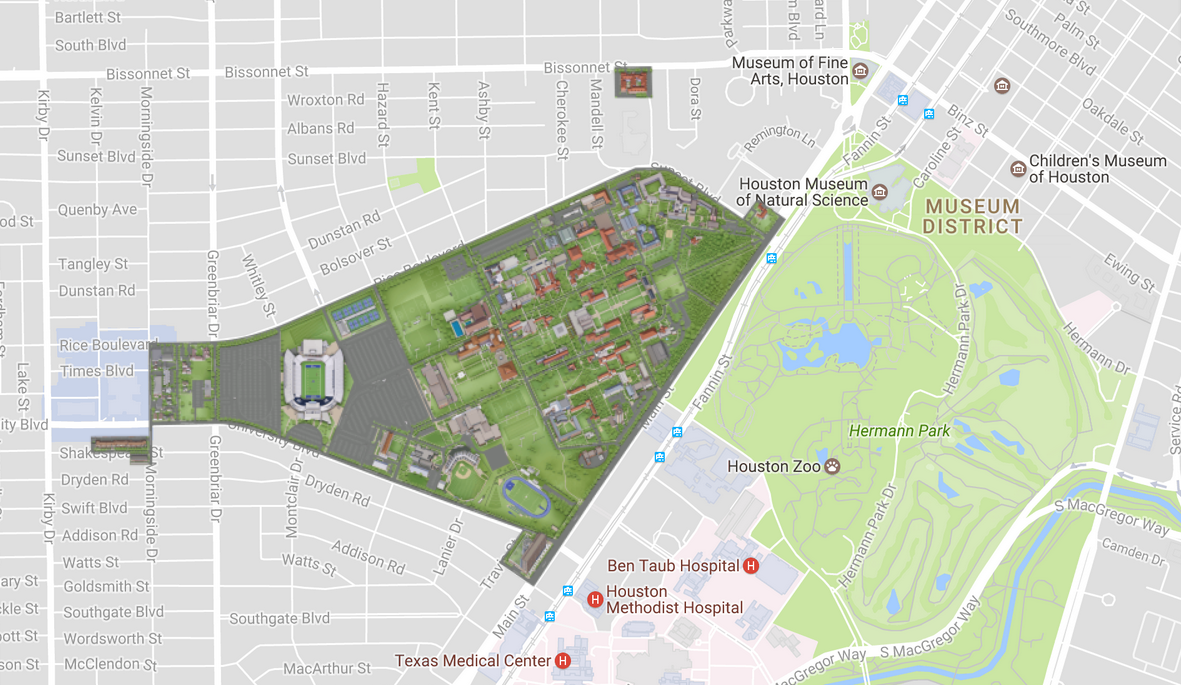The intersection of healthcare and artificial intelligence (AI) holds potentials, unlike any other innovation the medical industry has seen before. AI’s ability to operate and automate tasks at heightened speed, efficiency, and accuracy have already made an impact on day-to-day hospital care and administrative functions. While universal implementation is far from a reality and the long-term implications are uncertain, it’s necessary to understand the paradigms that make the marriage of AI and healthcare an innovative marvel.
The healthcare industry is a never-ending cycle of innovation whereby the need for new, efficient practices and breakthrough technologies is fueled by the essence of the industry. Aging populations, lifestyle choices and changes, patient expectations, and even innovation itself, all create an ecosystem where developments like AI implementation can thrive. While the intersection of AI and medicine has been around since 1964, it’s only really in the last three years where deep learning, advanced algorithms, and data have come into play. Most importantly, it is only recently that it is being supported by healthcare decision-makers, governments, investors, and innovators.
With this type of support, the marriage of AI and healthcare will continually revolutionize the industry and the lives of everyone involved, from patient to practitioner. Key areas of impact where AI plays integral roles are chronic care management, self-care/prevention wellness, care delivery, triage diagnosis, clinical decision support, and diagnostics. Ongoing improvements within these areas improve overall population health management and hospital operations.
“AI is poised to make transformative and disruptive changes in healthcare. AI systems that prioritize ethical health care, equity, and inclusivity offer unprecedented opportunities for improving patient outcomes, reducing costs, and ensuring a healthier future for all,” said Lydia Kavraki, Director of the Ken Kennedy Institute.
Increases in productivity and efficiency within healthcare systems translate into the ability to provide more and better-quality care to patients. AI creates an overall healthier lifecycle within the healthcare ecosystem which serves everyone involved and impacts every part of the industry. Patients and practitioners benefit from better service through AI-driven pregnancy management, personalized data analytics, and assisted or automated diagnosis & prescription.
Removing the burden of time-consuming administrative and day-to-day tasks allows doctors to provide more personalized and timely care, while improvements in medical imaging and diagnostics support their efforts through error prevention while increasing timeliness and accuracy. Overall, work experience is more fulfilling which promotes less burnout while increasing staff morale and retention.
“In our portfolio of companies, we are consistently impressed with the rapid application of artificial intelligence into healthcare, especially in the management of care pathways and diagnostic applications. Algorithm development and training are driving the need for more and more datasets, with these in hand, we see more efficient and effective healthcare delivery resulting in the highest quality patient care across Texas Medical Center hospital systems,” says Tom Luby, Director, Innovation at Texas Medical Center.
AI and healthcare combine to make all these aspects a reality and to advance the primary objective of the industry – to provide better and efficient care to patients. However, like with any emerging innovation, the risks and pitfalls of new implementations must be considered. When considering diversity equity inclusion best practices, there can easily be room for inequality in AI as it relates to healthcare. Something that at its core is made to make the medical experience better for all can double down on already existing disparities in diversity in the medical industry if it’s not addressed.
Healthcare decision-makers, governments, investors, and innovators must consider who is creating the code that drives AI healthcare innovation. Without a diversity of developers, data scientists, funders, and researchers involved in the creation of these tools, there is a risk of creating, inadvertently or explicitly, biased promoting AI which has the potential to exponentially scale bias in the name of innovative progress.
As new findings and creations emerge the most important thing is to ensure that diverse and grounded data is used to train AI to fuel innovative ideas, technology, and practices that revolutionize healthcare. This continual journey is one of the things which excites Angela Wilkins, Executive Director of the Ken Kennedy Institute, and drives her long-standing work in healthcare innovation. During her work at Mercury Data Science, she saw firsthand the implications and complexity of executing in data science, building AI-driven products, and creating new forms of digital diagnostics in areas like cognitive function and neurobehavioral disorders.
She continues this work through her work at the Ken Kennedy Institute at Rice University. The institute is committed to solving healthcare problems that impact the world through artificial intelligence, data, and computing. Angela focuses on building partnerships and initiatives that will move the needle in digital health and our understanding of disease. The efforts at the Ken Kennedy Institute provide the chance to engage in AI Healthcare innovation for academia, start-ups, industry, and more.
“Artificial intelligence, data, and computing have brought about a new revolution in healthcare. Our goal is to bring as many stakeholders to the table as possible to speed up innovation and the adoption of new technology as we build this new future together,” said Angela Wilkins, Executive Director of the Ken Kennedy Institute.
If you’re interested in partnering with the Ken Kennedy Institute or learning more about AI healthcare innovation, contact us at kenkennedy@rice.edu.



